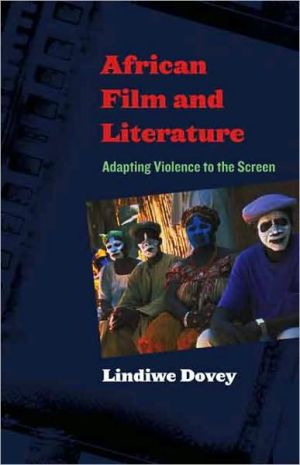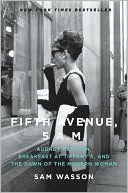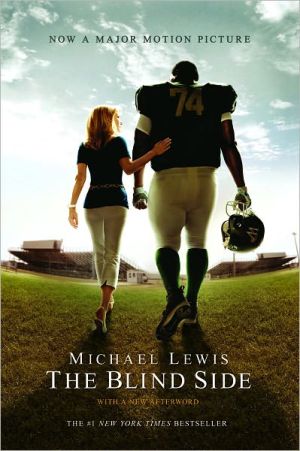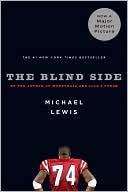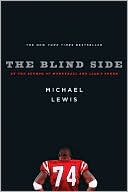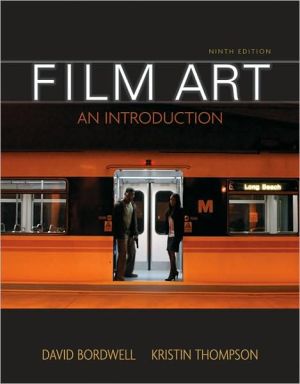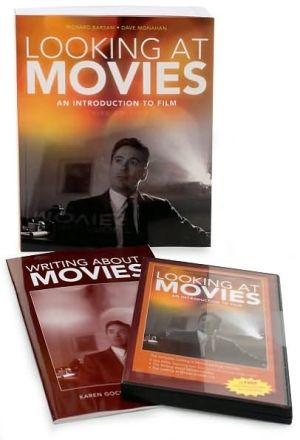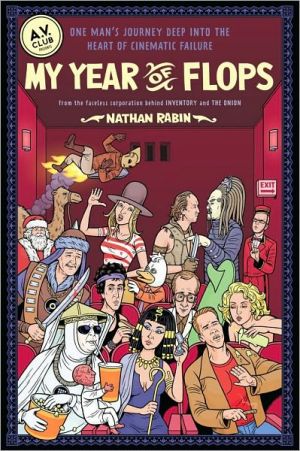African Film and Literature: Adapting Violence to the Screen
Analyzing a range of South African and West African films inspired by African and non-African literature, Lindiwe Dovey identifies a specific trend in contemporary African filmmaking-one in which filmmakers are using the embodied audiovisual medium of film to offer a critique of physical and psychological violence. Against a detailed history of the medium's savage introduction and exploitation by colonial powers in two very different African contexts, Dovey examines the complex ways in which...
Search in google:
Analyzing a range of South African and West African films inspired by African and non-African literature, Lindiwe Dovey identifies a specific trend in contemporary African filmmaking-one in which filmmakers are using the embodied audiovisual medium of film to offer a critique of physical and psychological violence. Against a detailed history of the medium's savage introduction and exploitation by colonial powers in two very different African contexts, Dovey examines the complex ways in which African filmmakers are preserving, mediating, and critiquing their own cultures while seeking a united vision of the future. More than merely representing socio-cultural realities in Africa, these films engage with issues of colonialism and postcolonialism, "updating" both the history and the literature they adapt to address contemporary audiences in Africa and elsewhere. Through this deliberate and radical re-historicization of texts and realities, Dovey argues that African filmmakers have developed a method of filmmaking that is altogether distinct from European and American forms of adaptation.
List of Film StillsPrefaceAcknowledgmentsAbbreviationsIntroduction: "African Cinema": Problems and Possibilities1. Cinema and Violence in South Africa2. Fools and Victims: Adapting Rationalized Rape into Feminist Film3. Redeeming Features: Screening HIV/AIDS, Screening Out Rape in Gavin Hood's Tsotsi 4. From Black and White to "Coloured": Racial Identity in 1950s and 1990s South Africa in Two Versions of A Walk in the Night5. Audio-visualizing "Invisible" Violence: Remaking and Reinventing Cry, the Beloved Country6. Cinema and Violence in Francophone West Africa7. Losing the Plot, Restoring the Lost Chapter: Aristotle in Cameroon8. African Incar(me)nation: Joseph Gaï Ramaka's Karmen Geï (2001) 9. Humanizing the Old Testament's Origins, Historicizing Genocide's Origins: Cheick Oumar Sissoko's La GenŠse (1999)ConclusionNotesFilmographyBibliographyIndex
\ Choice[An] important book... Highly recommended.\ \ \
